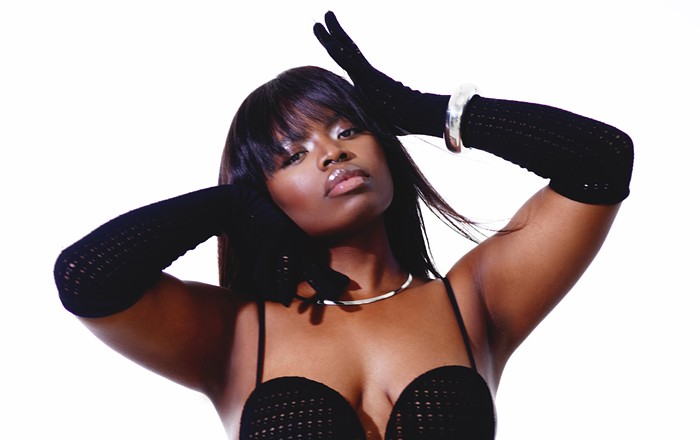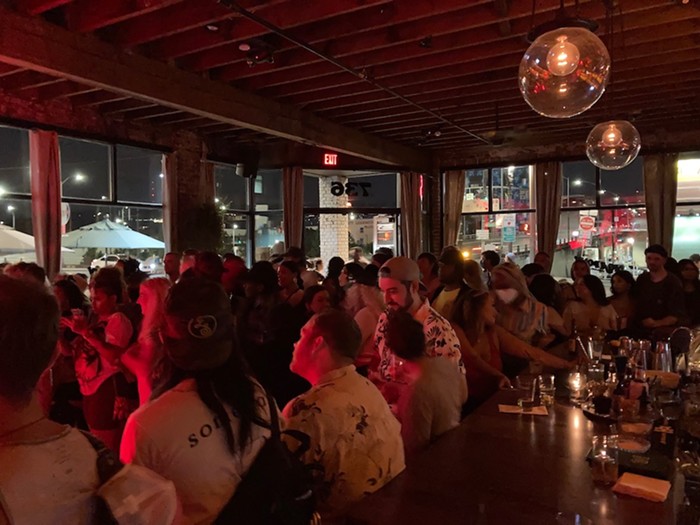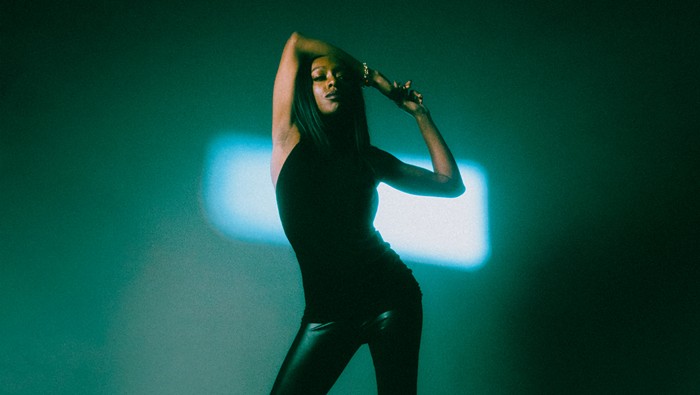EVEN IF you don't know who Ben Folds Five is, you know the chorus to "Brick." It's one of those ubiquitous hit singles that most people who belong to a certain generation intuitively know, even if they aren't consciously aware of it.
And while "Brick" is great—what's not to like about a gorgeous little pop nocturne about abortion?—it is, perhaps unfairly, the only thing most people remember about the group. (That, and the fact that they served as a springboard for Folds' solo career.) Actually, Ben Folds Five made a contribution to popular music that far surpasses "Brick" in terms of lasting significance, and it's something nobody seems to discuss: They are debatably the most profoundly imageless popular rock band, indie or otherwise, of the '90s.
It's because the three members in Ben Folds Five were normal-ass dudes to the core, and this was before being a normal-ass dude had any sort of chic appeal (remember, this was pre-Michael Cera). The group was quirky, but devoid of artifice. The trio of piano, bass, and drums should have seemed unconventional in a climate in which grunge still lingered (remember, this was pre-Keane). But this wasn't the equivalent of a band going out of their way merely to defy the conventions of rock-band configuration. If anything, the band's setup seemed more normal than the alternative.
Folds famously described his band's music as "punk rock for sissies," in reference to the otherwise sullen alternative rock landscape at the time of the band's swift, surprising ascent to mainstream popularity. While this was intended to be humorous, it's actually a pretty spot-on delineation. The group's early single "Underground"—at once a celebration and criticism of hipster culture, as if it can't really seem to make up its mind—is the quintessential sissy-punk anthem. And Ben Folds Five's latest record, The Sound of the Life in the Mind—their first full album as a group since 1999—is the sort of reunion record fans deserve but never expected.
"This isn't a 'cash-in.' It would have been nice if it was, but it isn't—we're really pretty honest musicians," says Folds. Not only does this new record sound "like the band," as he says—drummer Darren Jessee and bassist Robert Sledge's contributions have been sorely missed on Folds' solo work, I'll just leave it at that—but on a deeper level, Folds has managed to re-capture the soul and electricity present in his older material. Still, a newfound lyrical maturity prevents the album from being merely a throwback (although tracks like "Do It Anyway," "Michael Praytor, Five Years Later," or the album's title track—a continuation of Folds' collaborative partnership with novelist Nick Hornby—could have easily fit in on either of the band's first two records). Folds is approaching familiar topics like lost love and self-conflict from a perspective he didn't have 10 years ago.
Which isn't to say he doesn't connect emotionally with his older material: "I've always felt like I was ahead of my time—back then, I was writing songs I knew would apply to situations that would affect me now, so it's still very easy to settle back into that state," says Folds. But from a listener's perspective, the band's entire canon, including the new record, shares a defining principle: All of it is painfully authentic. Maybe that's what I mean by "normal-ass dudes." And maybe that's what people used to mean by "punk."



















